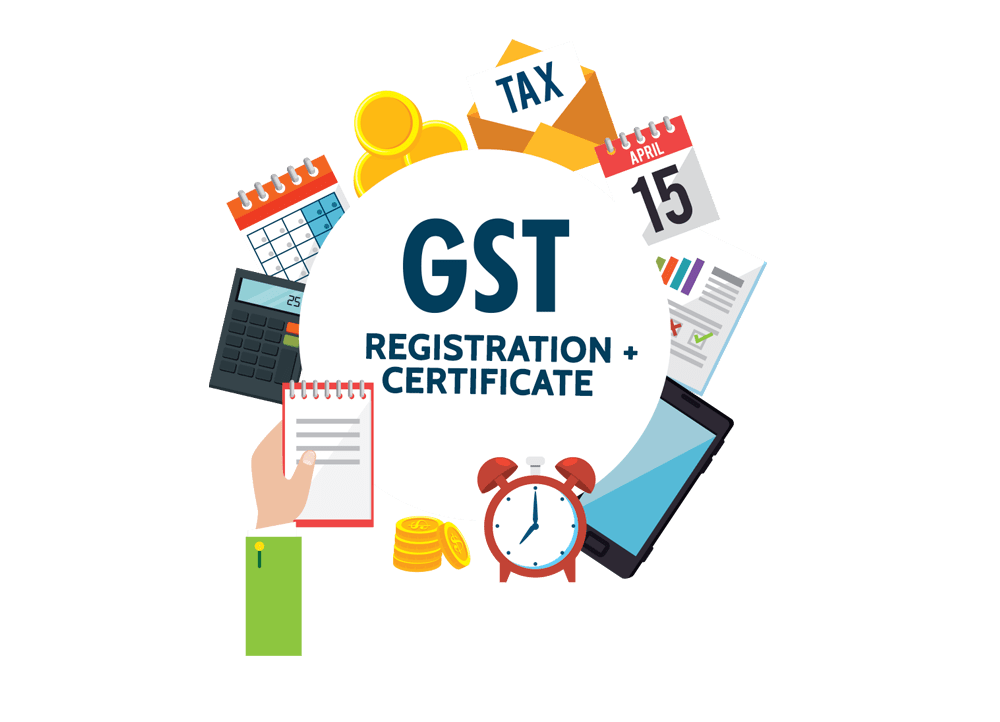GST Registration & Compliances – A Complete Guide
GST Registration & Compliances refer to the process of obtaining a Goods and Services Tax Identification Number (GSTIN) and fulfilling periodic tax filing requirements to ensure compliance with GST laws in India. Businesses registered under GST must adhere to prescribed rules, including tax collection, input tax credit claims, and timely return filings.
1. GST Registration
GST registration is mandatory for businesses that:
- Have an annual turnover exceeding ₹40 lakh (₹20 lakh for service providers).
- Are engaged in interstate supply of goods or services.
- Operate as e-commerce sellers or aggregators (Amazon, Flipkart, etc.).
- Are required to register under Reverse Charge Mechanism (RCM).
- Opt for voluntary registration to avail input tax credit benefits.
Documents Required for GST Registration
- PAN Card of the applicant/business.
- Aadhaar Card of the proprietor/partners/directors.
- Business registration proof (Incorporation Certificate, Partnership Deed, etc.).
- Address proof (Utility bill, Rent Agreement, or Ownership proof).
- Bank details (Canceled cheque or bank statement).
- Photographs of authorized signatories.
GST Registration Process
- Apply online on the GST portal (www.gst.gov.in).
- Submit Form GST REG-01 along with required documents.
- Receive an Application Reference Number (ARN) for tracking.
- Upon verification, receive a GSTIN and GST certificate.
2. GST Compliances
Registered businesses must comply with ongoing GST regulations, which include periodic tax filings and payments.
Key GST Returns & Compliances
- GSTR-1 – Monthly/quarterly return for outward supplies.
- GSTR-3B – Monthly summary return for tax payment.
- GSTR-4 – Quarterly return for composition scheme taxpayers.
- GSTR-9 – Annual return for regular taxpayers.
- GSTR-9C – GST audit report (for turnover above ₹5 crore).
- E-Way Bill Compliance – Mandatory for transporting goods above a certain value.
- Reconciliation of Input Tax Credit (ITC) – Ensuring ITC claims match supplier filings.
Consequences of Non-Compliance
- Late fees & penalties for delayed returns.
- Interest on unpaid tax liabilities.
- Suspension or cancellation of GST registration for repeated non-compliance.
Conclusion
GST Registration & Compliances ensure businesses operate legally, claim input tax credit efficiently, and avoid penalties. Timely filing and adherence to GST rules help businesses maintain a smooth and tax-compliant operation.
